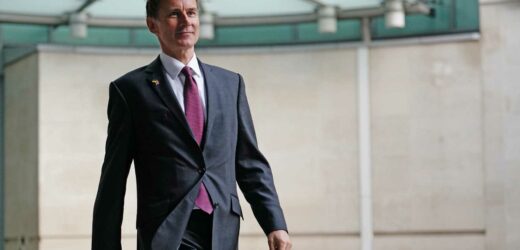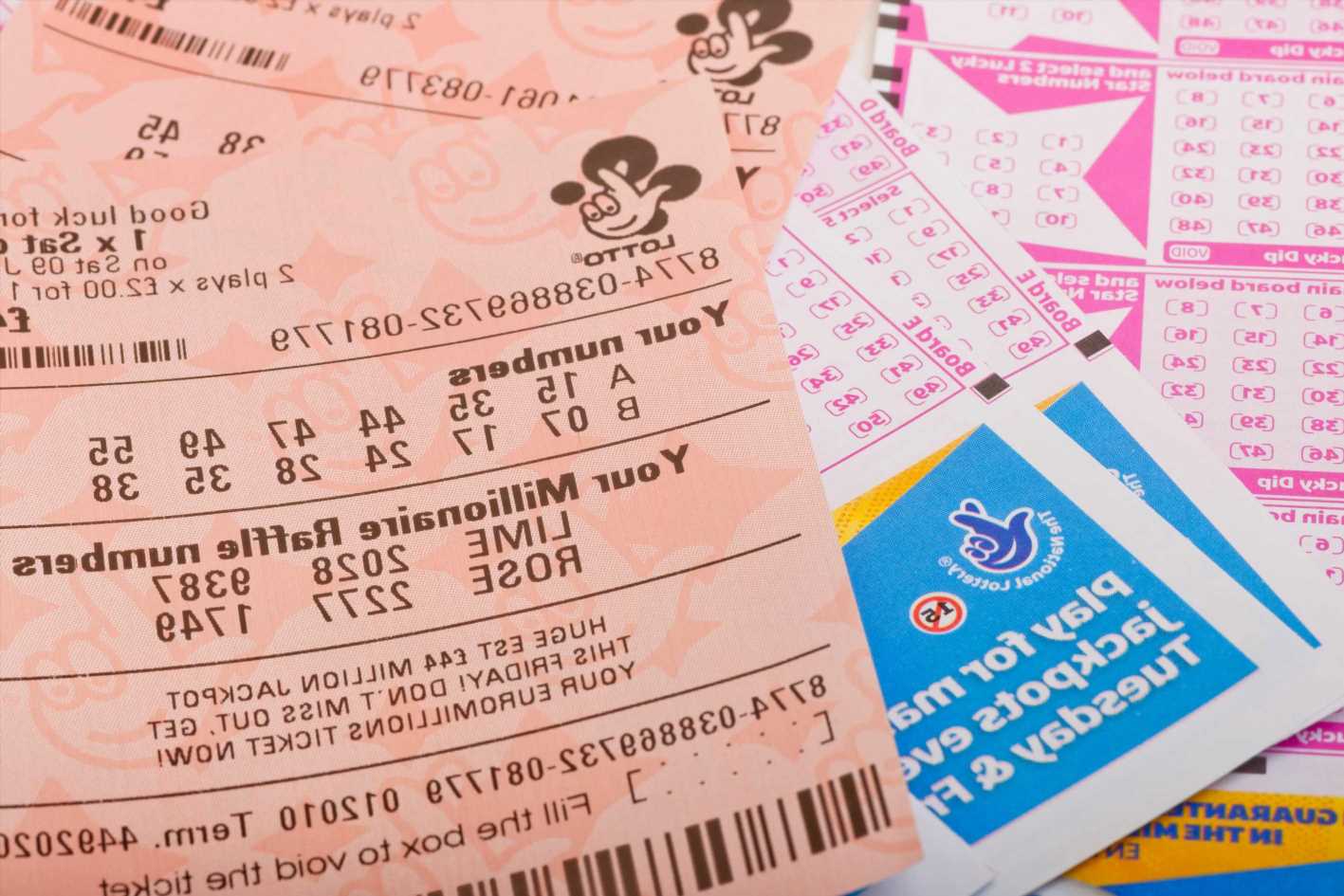HIGHER taxes look “here to stay” and won’t drop back to pre-Covid levels for DECADES, top economists warned today.
The bleak message from the Institute for Fiscal Studies came as Jeremy Hunt this morning said Brits are in for a “challenging” two years.
Yesterday the Chancellor delivered his gloomy Autumn Statement, confirming £54bn of spending cuts and tax rises.
The grim measures were introduced to fill a £50bn black hole in the public purse.
Mr Hunt's brutal financial plan left Britain with its biggest tax burden since World War Two, as millions of workers were hit by a £24.7billion raid.
The overall tax take will reach a staggering £1trillion by the end of this year.
READ MORE ON MONEY NEWS
Four hidden Autumn Statement announcements from documents
Brits face highest tax burden since WW2 – but vulnerable will get £1,350
Laying bare the strain saddled onto ordinary Brits the IFS' chief Paul Johnson said: "Middle England is in for a shock."
He said: "I would be most surprised if the tax burden gets back down to its long term pre Covid average at any time in the coming decades. Higher taxes look to be here to stay."
In record-breaking bleak news, the Office for Budget Responsibility warned disposable household income per person is expected to fall more than seven per cent over the next two years.
The drop will drag income down to 2013 levels.
Most read in News Money
Millions face higher council tax bills over £2,000 – how much more will you pay?
Thousands on Universal Credit to get more cash as benefit cap rises
Three changes for pensioners announced in today’s Autumn Statement
Autumn Statement winners and losers – how it will affect you explained
But the Chancellor delayed £30bn of painful spending cuts until after the next election — with a surprise increase in the NHS and education budgets.
With the OBR now warning the country is officially in recession, the Chancellor increased spending by an extra £9billion until 2025.
In a major win for OAPs, pensions will rise in line with inflation next year.
Benefits will also be hiked by 10.1 per cent – last month’s inflation rate – while up to £1,350 will be handed out to the poorest households struggling with the cost of living.
This morning the Chancellor told Sky News his Autumn Statement will help get the economy "on an even keel".
But he added: "Over the next two years it is going to be challenging. I think people want a government that is taking difficult decisions, has a plan that will bring down inflation, stop those big rises in the cost of energy bills and the weekly shop, and at the same time is taking measures to get through this difficult period."
Today money saving expert Martin Lewis warned that it's middle Britain who will feel the biggest squeeze following the Autumn Statement.
He told LBC: "I was relatively relieved that we saw the uplifting of those who are the poorest in society.
"It's people in the middle who are really going to feel the squeeze.""
IFS Director Paul Johnson similarly warned: “This will hit everyone. But perhaps it will be those on middling sorts of incomes who feel the biggest hit.
“They won’t benefit from the targeted support to those on means-tested benefits. Their wages are falling and their taxes are rising. Middle England is set for a shock."
Mr Johnson said a series of "economic own goals" are partly to blame for the dire position middle-earners are now in.
Government missteps, notably including Liz Truss' disastrous mini budget, blasted the economy into a downwards spiral.
But previous years of massive public spending and an ageing population haven't helped either.
Read More on The Sun
Every iPhone owner urged to check hidden codes in model number
I’m A Celeb fans share concerns that star ‘wants out’ after trial ‘fix’ row
Mr Johnson warned: "The truth is we just got a lot poorer. We are in for a long, hard, unpleasant journey; a journey that has been made more arduous that it might have been by a series of economic own goals.
"Mr Hunt appears to have recognised this. After years of cakeism, his colleagues, the opposition, and we the voters need to take that fact on board too."
Source: Read Full Article













